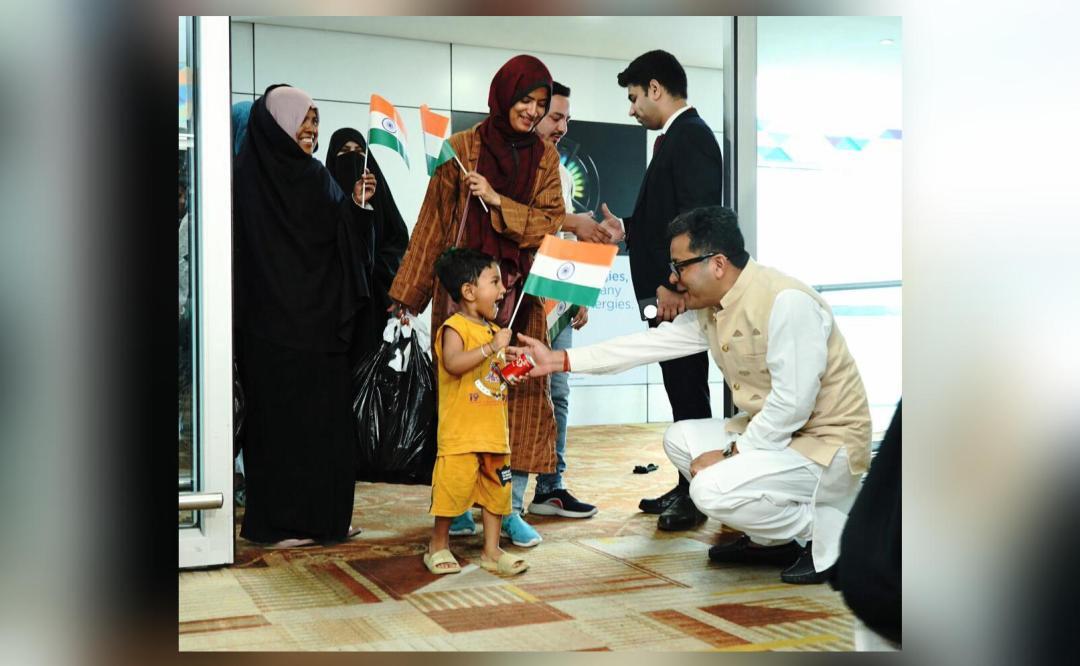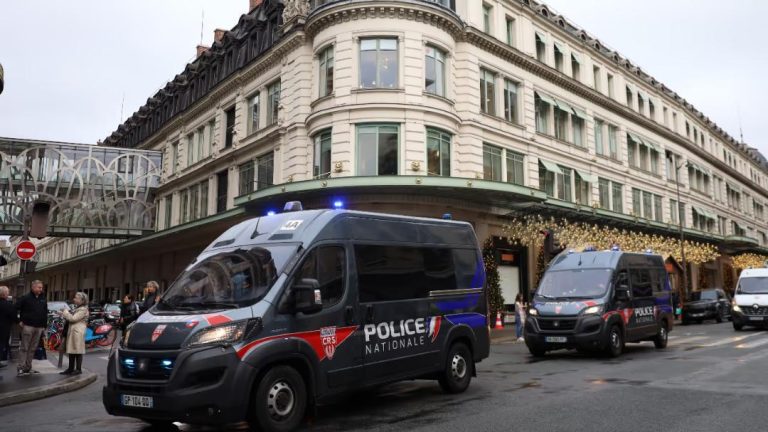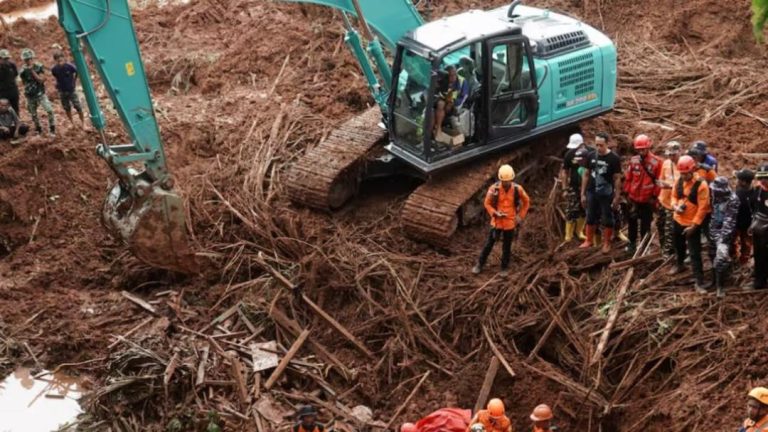
Indian Govt Evacuates Indian, Sri Lankan, & Nepalese Nationals from Iran
In a significant move to ensure the safety and well-being of its citizens abroad, the Indian government has successfully evacuated 281 Indian nationals, along with 3 Sri Lankans and 2 Nepalese nationals, from war-hit Iran. The evacuation operation, part of the ongoing “Operation Sindhu”, has seen a total of 2576 Indian nationals repatriated from Iran so far.
The development was announced by MEA (Ministry of External Affairs) spokesperson Randhir Jaiswal, who confirmed that the evacuees arrived in New Delhi on a special flight from Mashhad, a city in Iran, at 1500 hours on June 24th. The successful evacuation operation is a testament to the Indian government’s commitment to ensuring the safety and security of its citizens, particularly in times of crisis.
The evacuation operation was necessitated by the ongoing conflict in Iran, which has led to a significant increase in security risks for foreign nationals, including Indians, Sri Lankans, and Nepalese. The Indian government has been working diligently to ensure the safe evacuation of its citizens from Iran, and this latest operation is a major milestone in that effort.
The evacuees, who were stranded in Iran due to the conflict, were taken to the Indira Gandhi International Airport in New Delhi, where they were received by government officials and provided with necessary assistance, including medical care and food. The Indian government has been working closely with local authorities in Iran to ensure the smooth evacuation of its citizens, and this latest operation is a testament to the strong diplomatic ties between the two countries.
The Indian government has been actively involved in evacuating its citizens from conflict zones around the world, and “Operation Sindhu” is just the latest example of this commitment. The operation, which was launched in response to the unfolding crisis in Iran, has seen a significant number of Indian nationals repatriated from the country.
The Indian government’s evacuation efforts in Iran are not limited to Indian nationals alone. The government has also extended its assistance to nationals of other countries, including Sri Lanka and Nepal, who were stranded in the country due to the conflict. The evacuation of these nationals is a significant example of India’s commitment to regional cooperation and its willingness to provide assistance to its neighbors in times of need.
The success of “Operation Sindhu” is a testament to the Indian government’s ability to respond effectively to crises and ensure the safety and security of its citizens. The operation has been widely praised by the international community, and it is a significant example of India’s growing role as a responsible global player.
The Indian government’s evacuation efforts in Iran are not limited to the evacuees who have been repatriated so far. The government continues to work tirelessly to ensure the safe evacuation of all Indian nationals who are still stranded in the country. The Indian embassy in Iran has been working closely with local authorities to identify and locate Indian nationals who are in need of assistance, and the government is providing all necessary support to ensure their safe return to India.
In conclusion, the Indian government’s evacuation of Indian, Sri Lankan, and Nepalese nationals from Iran is a significant example of its commitment to ensuring the safety and security of its citizens abroad. The operation, part of “Operation Sindhu”, has seen a total of 2576 Indian nationals repatriated from Iran so far, and it is a testament to the government’s ability to respond effectively to crises and ensure the well-being of its citizens. The Indian government’s evacuation efforts in Iran are a significant example of its growing role as a responsible global player, and they are a testament to its commitment to regional cooperation and its willingness to provide assistance to its neighbors in times of need.






